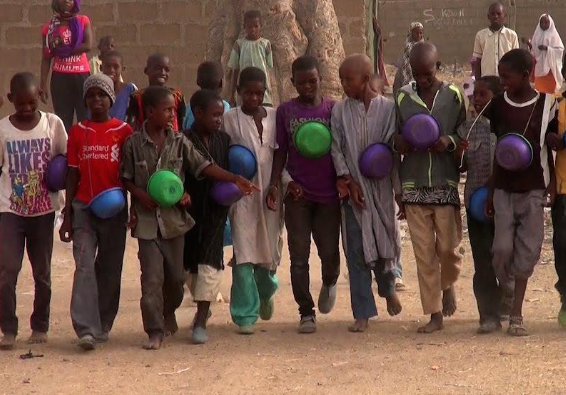The federal government plans to redefine the term “out-of-school children” to exclude Almajiri children, as they already have a system of education, according to Suwaiba Saidu, Minister of State for Education. Speaking during an Arise TV interview, Saidu explained that the Almajiri system includes a curriculum and teachers, but efforts will be made to integrate foundational literacy, numeracy, digital skills, and vocational training into their learning.
“One of the key issues we’re trying to solve is out-of-school children,” Saidu said, adding that reforms like the Almajiri Commission’s programs are aimed at addressing the estimated 15 million out-of-school children in Nigeria. However, she noted that Almajiri children, while included in these figures, should not be categorized as out-of-school due to their existing Islamic education framework. Instead, the federal government intends to incorporate their schools into the formal education system to ensure foundational learning and skill acquisition.
UNESCO recently reported that Nigeria’s out-of-school children rate stands at 28 million, with 19.5 million in rural areas and 8.5 million in urban areas. Despite this alarming figure, Saidu highlighted ongoing efforts by some state governments to revitalize Islamic education systems and absorb their share of out-of-school children, aligning them with Nigeria’s broader educational goals.

